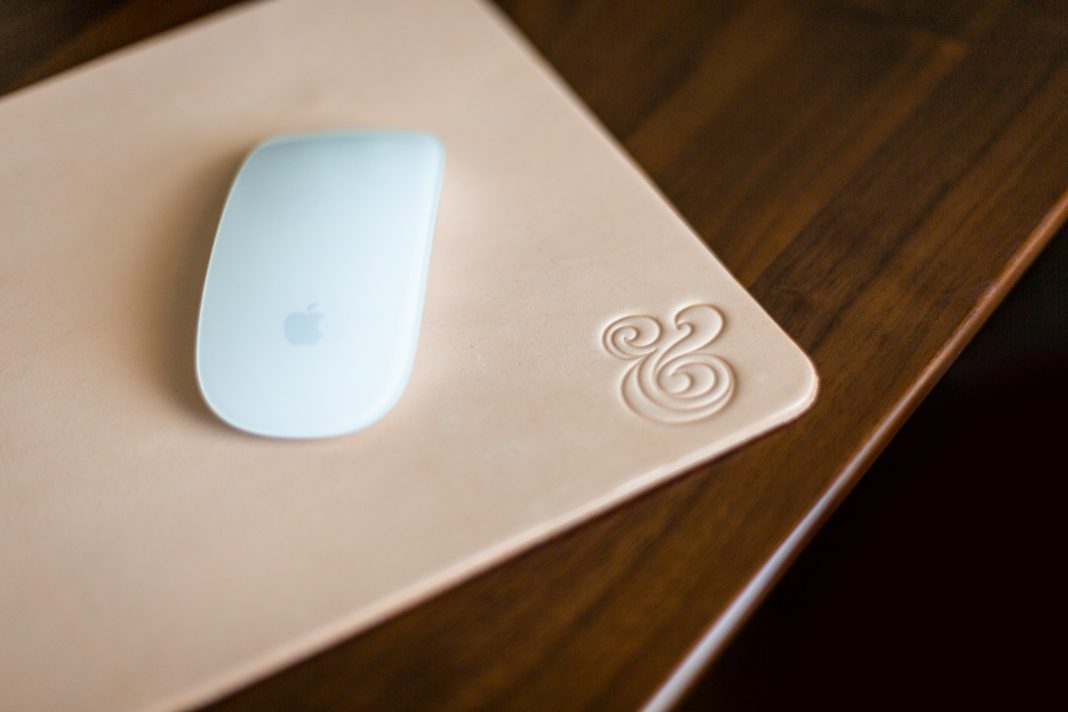Even the most advanced mouse pads, featuring elements such as RGB lighting or wireless charging, are not immune to the effects of regular use. Over time, these pads accumulate dust, grime, and potentially harmful bacteria. Therefore, periodic cleaning is essential not only to maintain their aesthetic appeal but also to ensure a hygienic workspace. This guide offers a comprehensive approach to cleaning your mouse pad, providing methods suited to both cloth and more elaborate designs.
Cleaning a Cloth Mouse Pad
A systematic approach is crucial when cleaning a cloth mouse pad. The process involves several stages: removing dust and debris, addressing any sticky residues, and ensuring thorough drying. Before initiating any cleaning procedures, ensure that your mouse pad is unplugged if it incorporates electronic components such as RGB lighting or wireless charging features. This precaution prevents any accidental damage to the electronics.
Step 1: Dust and Debris Removal
Begin by removing loose dust and debris from the surface. Utilise a cleaning brush or a desk vacuum for this task. For optimal results, elevate the mouse pad and brush or vacuum in a downward motion, using gravity to assist in dislodging the particles. If the accumulation is significant, consider brushing the debris into a dustpan to avoid a secondary cleanup.
Step 2: Addressing Stains and Residue
For stains or sticky residues, a more detailed approach is required. Prepare a small bowl of warm water with a few drops of mild soap or detergent. Dampen a sponge with this solution, wring it out thoroughly, and gently scrub the stained areas in a circular motion. It is essential to apply light pressure to avoid damaging the mouse pad’s surface. Refrain from using abrasive pads, as these can scratch and deteriorate the material.
Once the stain has been addressed, rinse the mouse pad under cold running water to remove any remaining soap residue. Depending on the extent of the cleaning, you may need to repeat the process until the surface is fully clean.
Step 3: Drying
Proper drying is crucial to avoid any damage to the mouse pad or adjacent equipment. Lay the cleaned mouse pad flat on a clean, dry towel and allow it to air dry completely. To expedite this process, you may press down gently on the towel to absorb excess water. A hairdryer set to a low heat setting can also assist in speeding up the drying phase. Ensure the pad is entirely dry before placing it back into use to prevent any potential damage to your mouse.
Washing Machine Method
For those seeking a more hands-free approach, washing machine cleaning is an option, though it comes with caveats. This method is best suited for mouse pads without electronic components. If you opt for machine washing, use a low-temperature setting and a slow, gentle tumble cycle to mitigate the risk of damage.
Despite the convenience of this method, it is essential to acknowledge that the risk of damaging the mouse pad increases with this approach. Mouse pads with delicate stitching, vinyl coatings, or other sensitive features are particularly vulnerable and are better suited to hand washing.
Additional Considerations
While the methods outlined above are effective, it is important to regularly assess the condition of your mouse pad. A mouse pad in poor condition may not only affect the performance of your mouse but also pose a hygiene risk. Regular cleaning, combined with proper care and maintenance, will prolong the life of your mouse pad and maintain a healthier workspace.
Cleaning a mouse pad, whether cloth or more technologically advanced, is a straightforward yet important task. By following the appropriate cleaning methods, you can ensure that your mouse pad remains in optimal condition, both functionally and aesthetically. Regular maintenance not only improves hygiene but also enhances the longevity of your mouse pad, ensuring it continues to support your computing needs effectively. As technology advances and more sophisticated mouse pads enter the market, these cleaning principles will remain essential for maintaining both performance and hygiene.


